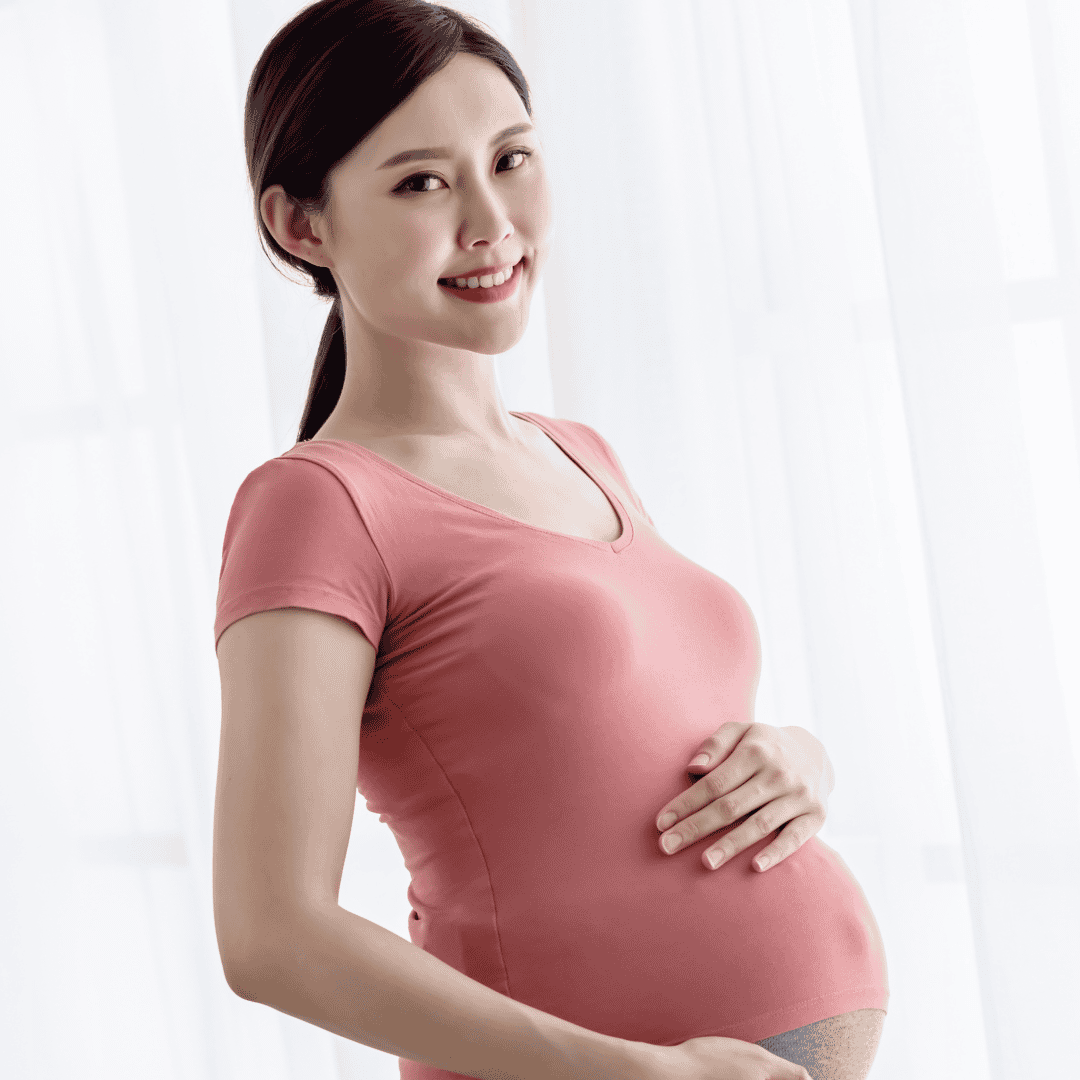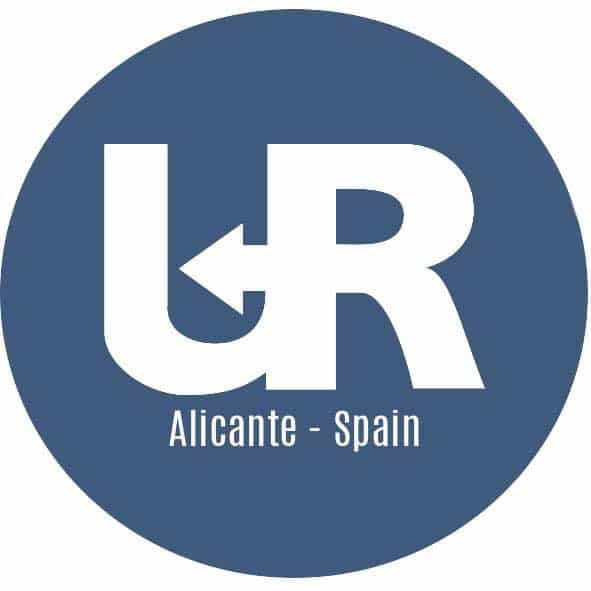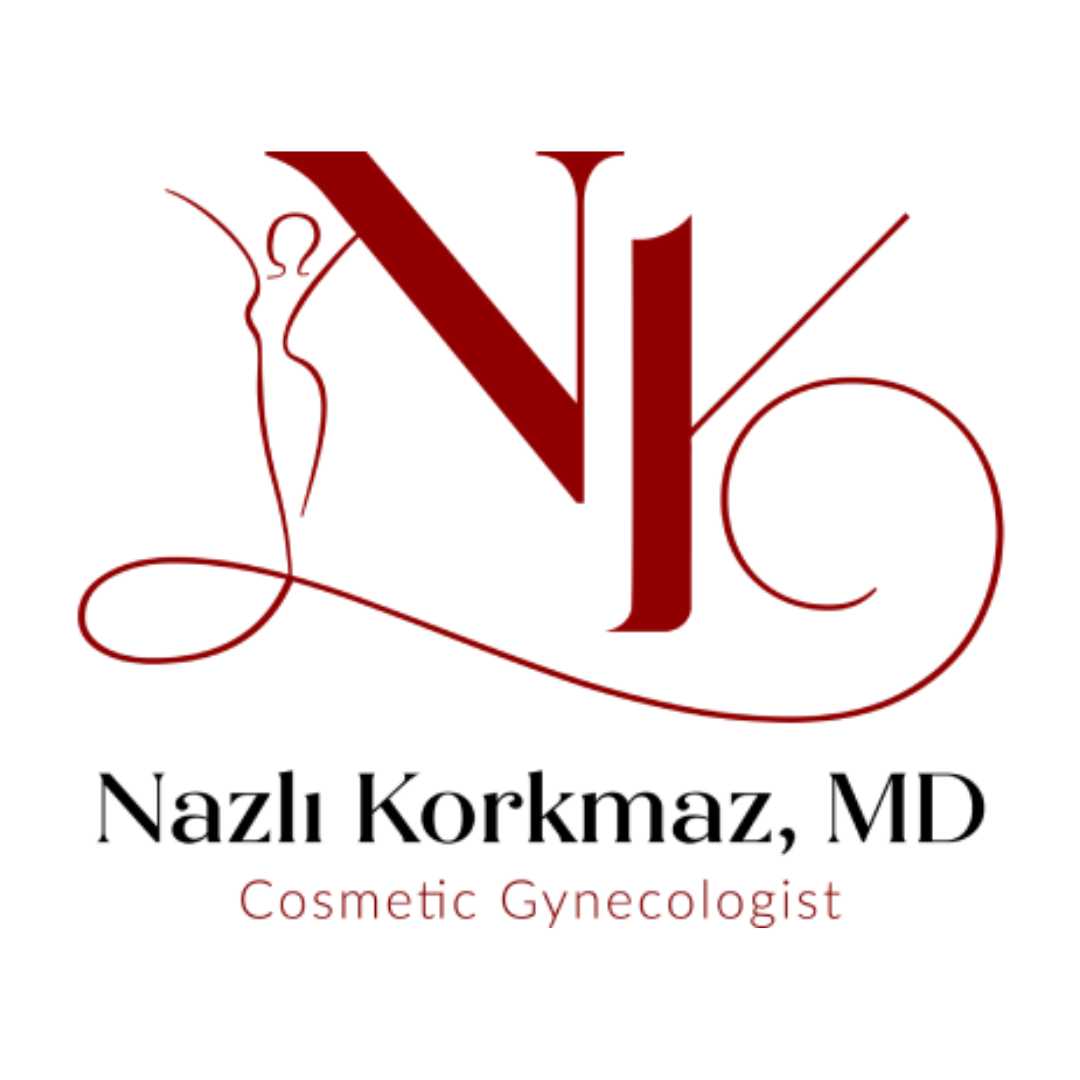Your Guide to Legal Egg Freezing in Spain

Egg freezing, also known as oocyte cryopreservation, offers women the invaluable opportunity to preserve their fertility for the future. Spain has emerged as a leading destination for fertility preservation due to its progressive legal framework, high medical standards, and patient-centered approach. This blog post will delve into the various aspects of egg freezing in Spain, addressing common questions and providing detailed explanations to help you make informed decisions.
Is egg freezing legal in Spain?
"Yes, elective egg freezing is fully legal and widely accessible in Spain, regardless of a woman's marital status or nationality."
Spain has a very progressive legal framework for assisted reproduction, outlined in its Assisted Reproduction Technology (ART) Law 14/2006. This law specifically permits the cryopreservation of eggs for reproductive purposes. Unlike some other countries with more restrictive regulations, Spain allows single women, married heterosexual couples, and same-sex couples to access egg freezing and other assisted reproductive technologies. This open approach has made Spain a popular choice for individuals seeking to preserve their fertility.
Are there any age limits for egg freezing in Spain?
"While there are no strict legal age limits explicitly stated in the law for egg freezing, most clinics in Spain generally recommend the procedure for women under 35 years old for optimal success rates, with an informal upper limit often around 50 for using the frozen eggs."
Although the law doesn't specify an upper age limit for egg freezing, the biological reality is that egg quality and quantity decline significantly with age. Therefore, fertility clinics advise women to consider egg freezing before their mid-30s to maximize their chances of future pregnancy. While it's technically possible to freeze eggs at an older age, the success rates will be lower. For the eventual use of frozen eggs, most clinics in Spain set an age limit for women receiving assisted reproduction treatments, typically around 50 years old, though this can vary slightly between clinics based on individual health assessments.
How long can frozen eggs be stored in Spain?
"In Spain, there are currently no legal restrictions on the maximum length of time frozen eggs can be stored; women can store their eggs for as long as needed."
Spain's liberal legislation allows for indefinite storage of frozen eggs. This provides immense flexibility for women who choose to delay motherhood, offering peace of mind that their preserved fertility will be available whenever they are ready. The clinics do, however, require periodic renewal of consent from the patient regarding the destination of their embryos or eggs. If a patient does not respond after two attempts, the eggs may become available for other purposes like donation or research, as per the clinic's discretion and legal guidelines.
What is the process of egg freezing in Spain?
"The egg freezing process in Spain typically involves an initial consultation, ovarian stimulation, egg retrieval, and vitrification (rapid freezing) for storage."
The journey of egg freezing in Spain begins with a comprehensive initial consultation. This usually involves a medical history review, fertility assessments such as AMH (Anti-Müllerian Hormone) tests, and an antral follicle count via ultrasound to evaluate ovarian reserve. Following this, if eligible, the process involves:
- Ovarian Stimulation: For about 10-14 days, you'll take hormone injections to stimulate your ovaries to produce multiple mature eggs. This phase is carefully monitored with ultrasounds and blood tests.
- Egg Retrieval: Once the follicles are mature, a minor surgical procedure called follicular puncture is performed under light sedation. A thin needle, guided by ultrasound, retrieves the eggs from the ovaries. This is usually a day-case procedure, meaning you can go home a few hours later.
- Vitrification: The retrieved eggs are then immediately flash-frozen using a technique called vitrification, which prevents ice crystal formation and preserves their quality. The vitrified eggs are then stored in liquid nitrogen at -196°C.
What are the costs associated with egg freezing in Spain?
"The cost of egg freezing in Spain typically ranges from €2,200 to €3,500 for one cycle, with medication costs usually an additional €1,000 to €2,000, and annual storage fees varying from €200 to €550."
Egg freezing in Spain is often more affordable compared to countries like the US or UK, without compromising on quality of care. The total cost can vary depending on the clinic, the number of cycles required, and the individual's response to medication. Many clinics offer packages that include initial consultations, medical procedures, and lab work. It's important to clarify what is included in the package and to budget for additional expenses like medication and annual storage fees. Some clinics may offer discounts for multi-year storage or for multiple cycles.
Is egg freezing covered by health insurance in Spain?
"No, elective egg freezing for social reasons is generally not covered by governmental health plans in Spain; it is considered an out-of-pocket expense."
While public healthcare in Spain covers a wide range of services, elective egg freezing to preserve fertility for non-medical reasons is typically not included. This means individuals pursuing egg freezing will need to bear the costs themselves. Some private health insurance plans might offer partial coverage, but this is rare and needs to be confirmed directly with the insurance provider. Clinics may offer financing options, though these are often more accessible to Spanish citizens or residents with local banking accounts.
What are the success rates of egg freezing in Spain?
"The success rates of egg freezing in Spain are generally high, with around 90% of vitrified eggs surviving the thawing process, and pregnancy rates depending largely on the age at which the eggs were frozen."
The advancements in vitrification technology have significantly improved the survival rates of frozen eggs. While a high egg survival rate is promising, the actual pregnancy success rate upon thawing and fertilization depends heavily on the woman's age at the time of egg freezing. Eggs frozen at a younger age (e.g., under 35) tend to be of higher quality and yield better pregnancy outcomes. Clinics in Spain are transparent about their success rates, often sharing data with patients during consultations.
What are the risks of egg freezing?
"The risks of egg freezing are generally minimal and include mild discomfort from ovarian stimulation, a small risk of ovarian hyperstimulation syndrome (OHSS), and rare complications from the egg retrieval procedure such as bleeding or infection."
Egg freezing is a relatively safe procedure, but like any medical intervention, it carries some potential risks:
- Ovarian Hyperstimulation Syndrome (OHSS): This occurs when the ovaries overreact to the stimulation hormones, leading to swelling and pain. Severe OHSS is rare but can cause more serious symptoms like fluid retention.
- Discomfort: Mild bloating, cramping, and tenderness are common during the ovarian stimulation phase.
- Egg Retrieval Risks: Though rare, complications can include bleeding, infection, or damage to surrounding organs during the needle insertion.
- Emotional Impact: The process can be emotionally taxing, involving injections, frequent clinic visits, and anticipation of results.
Fertility specialists in Spain take precautions to minimize these risks through careful monitoring and personalized treatment plans.
What happens if I don't use my frozen eggs?
"If you decide not to use your frozen eggs in Spain, you have several options: you can donate them for reproductive use to other women, donate them for scientific research, or request their disposal."
Spain's assisted reproduction law provides clear guidelines for the fate of unused frozen eggs. Patients are required to provide consent regarding their eggs' destination. If you don't wish to use them for your own future pregnancy, you have the altruistic option to donate them to help other women struggling with infertility, or contribute to scientific research. Alternatively, you can opt for their disposal. These choices have legal and ethical implications, and clinics will provide comprehensive information to help you make an informed decision.
Can I transfer my frozen eggs to another country from Spain?
"Yes, it is possible to transfer frozen eggs out of Spain, but the final approval depends on the Spanish government, and the process can take several weeks."
While Spain is a popular destination for egg freezing, some individuals may wish to use their frozen eggs in their home country or another location in the future. International transfer of gametes (eggs or sperm) involves specific legal and logistical requirements. The Spanish government needs to approve such transfers, and clinics will assist with the necessary paperwork and coordination with the receiving clinic. It's crucial to plan ahead for this possibility and understand the regulations in both Spain and the destination country.
Do I need to be a resident of Spain to freeze my eggs there?
"No, you do not need to be a resident of Spain to undergo egg freezing; Spain's inclusive laws allow individuals of any nationality to access fertility preservation services."
Spain is a renowned hub for international medical tourism, particularly in the field of assisted reproduction. Clinics in Spain are well-equipped to serve international patients, offering services in multiple languages and assisting with logistical aspects of the process. This open policy makes egg freezing in Spain an accessible option for women worldwide.
What preparation is needed before starting an egg freezing cycle?
"Before starting an egg freezing cycle in Spain, you will undergo a series of medical tests, including hormone assessments and ultrasounds, to evaluate your ovarian reserve and overall reproductive health."
To ensure the best possible outcome and personalize your treatment plan, clinics will require several preparatory steps:
- Comprehensive Medical History: A review of your general health, family medical history, and any existing conditions.
- Fertility Assessment: Blood tests to check hormone levels (e.g., AMH, FSH, LH, Estradiol, Prolactin, TSH) and a transvaginal ultrasound to assess ovarian reserve and detect any abnormalities.
- Infectious Disease Screening: Tests for infectious diseases as required by law to ensure safety.
- Consultation and Counseling: Detailed discussion with a fertility specialist to understand the process, potential outcomes, and address any concerns. This is also an opportunity to establish a personalized stimulation protocol.
How long do I need to stay in Spain for the egg freezing procedure?
"For the egg freezing procedure in Spain, it is recommended to stay for the entire ovarian stimulation phase and egg retrieval, which typically lasts around 2 to 2.5 weeks."
The ovarian stimulation phase requires daily hormone injections and regular monitoring appointments (ultrasounds and blood tests) to track follicle growth. This usually spans 10-14 days. The egg retrieval procedure itself is brief, followed by a recovery period of a few hours. To ensure optimal medical care and monitoring, patients are advised to remain in Spain for the duration of this phase, plus a day or two after retrieval to recover. Flexible travel plans are recommended as the exact duration of stimulation can vary.
What are the benefits of choosing Spain for egg freezing?
"Choosing Spain for egg freezing offers several benefits, including progressive and inclusive legal frameworks, high-quality medical standards, experienced fertility specialists, competitive pricing, and high success rates."
Spain has firmly established itself as a global leader in assisted reproductive technologies. Here's why many choose Spain for egg freezing:
- Advanced Legal Framework: Spain's laws are among the most liberal globally, allowing access to egg freezing for a wide range of individuals.
- High Medical Standards: Spanish clinics adhere to stringent European medical standards, boasting state-of-the-art facilities and cutting-edge technology.
- Expert Professionals: The country is home to highly skilled and experienced fertility specialists who are at the forefront of reproductive medicine.
- Cost-Effectiveness: Compared to many Western countries, the cost of egg freezing in Spain is significantly more affordable, making it an attractive option for those seeking quality care at a reasonable price.
- Anonymity of Donors: While not directly related to elective egg freezing, Spain's law mandates anonymity for sperm and egg donors, which some find appealing for future fertility treatments involving donor gametes.
- Patient-Centered Approach: Clinics in Spain often provide personalized care, with dedicated coordinators and multilingual staff to support international patients throughout their journey.
What types of clinics offer egg freezing in Spain?
"Numerous specialized fertility clinics and assisted reproduction centers across Spain offer egg freezing services, ranging from boutique clinics to larger, well-established institutions with extensive experience in international patient care."
Spain has a robust network of fertility clinics, many of which are specifically designed to cater to international patients. These clinics vary in size and approach, but all are regulated and committed to providing high-quality care. Some notable cities with excellent fertility clinics include Madrid, Barcelona, Valencia, and Alicante. When choosing a clinic, it's advisable to research their experience, success rates, patient testimonials, and the range of services they offer to ensure it aligns with your needs.
What happens during the initial consultation for egg freezing in Spain?
"During the initial egg freezing consultation in Spain, you will meet with a fertility specialist to discuss your medical history, undergo preliminary tests, assess your ovarian reserve, and receive a personalized treatment plan and cost estimate."
The first step is a crucial one, typically involving:
- Medical History Review: The doctor will ask about your general health, menstrual cycles, past pregnancies, and any relevant medical conditions.
- Fertility Assessment: Blood tests (like AMH, FSH) and a transvaginal ultrasound will be performed to assess your ovarian reserve and overall reproductive health. This helps determine the most appropriate stimulation protocol.
- Detailed Explanation: The fertility specialist will explain the entire egg freezing process, including the steps involved, expected timeline, potential risks, and success rates based on your individual profile.
- Personalized Treatment Plan: A customized plan will be developed, outlining the type and dosage of medication, monitoring schedule, and estimated dates for egg retrieval.
- Cost Breakdown: You will receive a clear breakdown of the costs involved, including the cycle fee, medication, and storage.
- Opportunity for Questions: This is your chance to ask any questions or voice concerns you may have about the procedure.
Is egg freezing considered safe for future pregnancies?
"Yes, egg freezing using vitrification has been proven safe for both the frozen eggs and for future pregnancies, with no significant increase in birth defects or developmental issues in children born from frozen eggs compared to those conceived naturally or with fresh eggs."
Extensive research and clinical experience have shown that vitrification is a highly effective and safe method for preserving oocytes. The rapid freezing technique minimizes damage to the eggs, and studies have consistently demonstrated that children born from frozen eggs are as healthy as those conceived through conventional methods. Fertility clinics in Spain adhere to strict quality control measures to ensure the safety and viability of the frozen eggs.
How many eggs should I freeze for a good chance of pregnancy?
"The ideal number of eggs to freeze for a good chance of pregnancy varies depending on your age at the time of freezing, but generally, 10-20 mature eggs are recommended for women under 35 to achieve a reasonable chance of at least one live birth."
The number of eggs needed to achieve a successful pregnancy is highly dependent on a woman's age when the eggs are frozen, as egg quality declines with age. Younger women (e.g., under 35) tend to have a higher proportion of chromosomally normal eggs, meaning fewer eggs are needed to achieve a viable pregnancy. For women in their early to mid-30s, freezing 10-20 mature eggs is often recommended as a target to increase the likelihood of a future live birth. Older women may need to freeze more eggs or undergo multiple cycles to achieve a similar chance of success. Your fertility specialist will discuss realistic expectations based on your individual ovarian reserve and age.
Can I combine egg freezing with other fertility treatments in Spain?
"Yes, egg freezing can be combined with other fertility treatments in Spain, such as in vitro fertilization (IVF) or preimplantation genetic testing (PGT), to optimize future pregnancy outcomes."
Spain's comprehensive approach to assisted reproduction means that egg freezing can be integrated into broader fertility plans. For instance, if you are freezing eggs with a known partner's sperm, you might proceed to create embryos later through IVF. If there are concerns about genetic conditions, preimplantation genetic testing (PGT) can be performed on embryos created from thawed eggs to screen for chromosomal abnormalities or specific genetic diseases. Clinics in Spain offer a full spectrum of advanced reproductive technologies, allowing for highly personalized treatment pathways.
Is there a waiting list for egg freezing in Spain?
"No, generally there is no waiting list for egg freezing in Spain, allowing immediate access to treatment, which is crucial for preserving egg quality."
One of the significant advantages of opting for egg freezing in Spain is the absence of long waiting lists. Clinics are typically able to accommodate patients promptly, which is vital because egg quality can decline rapidly with age. This immediate access ensures that women can proceed with fertility preservation at the optimal time for their reproductive health.
What support is available for international patients undergoing egg freezing in Spain?
"International patients undergoing egg freezing in Spain can expect comprehensive support, including multilingual staff, dedicated patient coordinators, and assistance with travel and accommodation arrangements."
Spanish fertility clinics are highly experienced in catering to international clients. They understand the unique needs of patients traveling from abroad and often provide:
- Multilingual Teams: Staff who speak English and other common languages to facilitate clear communication.
- Patient Coordinators: Dedicated coordinators to guide you through every step of the process, from initial inquiry to post-procedure care.
- Travel Assistance: Guidance on visa requirements (if applicable), recommendations for accommodation, and local transportation.
- Telemedicine Options: Initial consultations and follow-up appointments can sometimes be conducted remotely, minimizing the need for extensive travel.
- Psychological Support: Access to counseling services to help manage the emotional aspects of fertility treatment.
Considering your options for fertility preservation or other healthcare needs? Explore how PlacidWay can connect you with world-class medical tourism solutions, including leading egg freezing clinics in Spain and a wide array of healthcare services tailored to your individual journey.


.png)




.png)
.png)
.png)
.png)





Share this listing